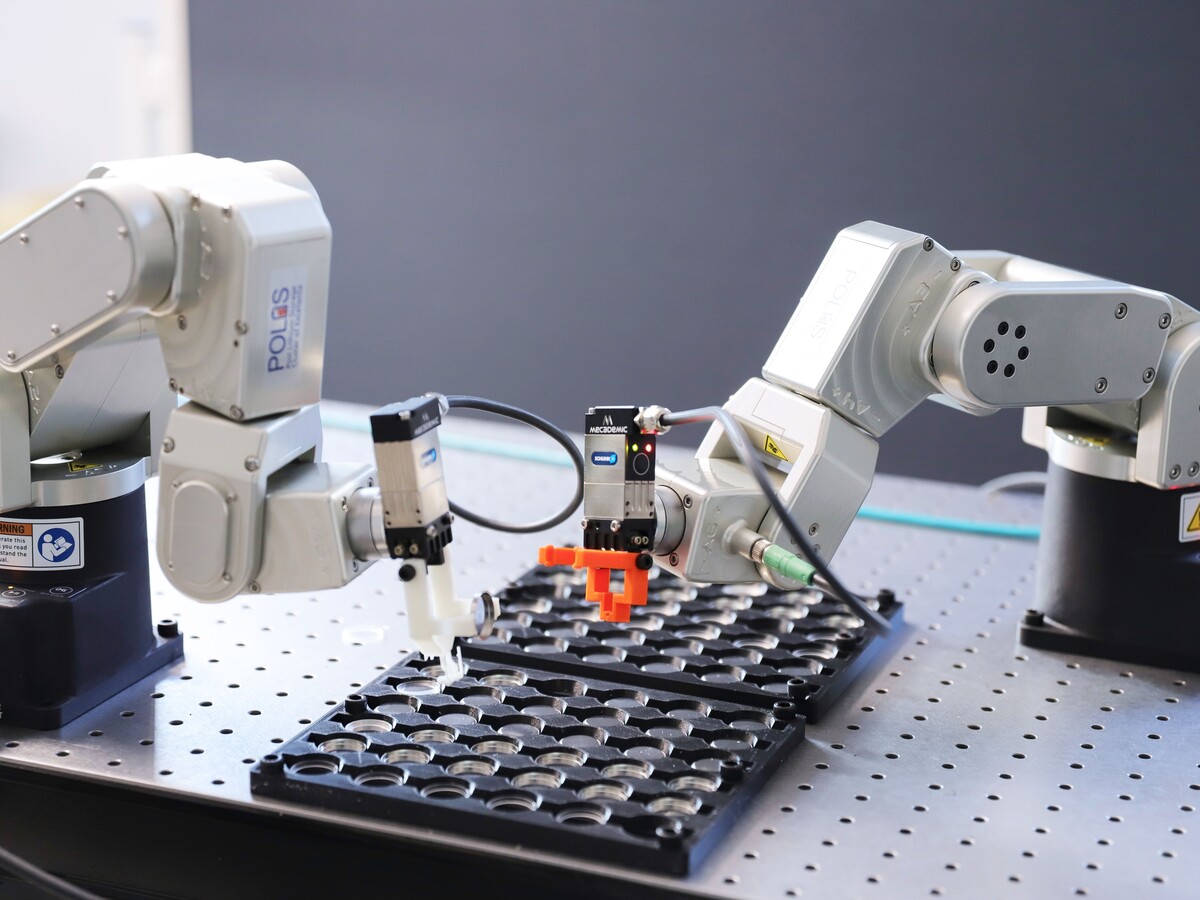Roadmap for the battery research of the future
How can Europe produce high-performance battery storage systems in the future that are also sustainable, safe, and inexpensive? In a roadmap, the European research initiative BATTERY 2030+ shows what properties batteries of the future must have and what steps are necessary for their development.
Milestones for new battery technologies
The research institutes and companies from all over Europe involved in Battery 2030+ focus on three milestones in their roadmap: A joint materials development facility will use data mining and artificial intelligence (AI) to significantly accelerate the search for new materials. A second step is to make batteries significantly more reliable and durable by using integrated sensors and “self-healing powers.” Finally, Battery 2030+ aims to substantially increase the sustainability of future batteries. To this end, parameters such as resource-saving manufacturability, recyclability, as well as critical raw materials and toxicity will be incorporated directly into the development process.
ITAS expertise on sustainability and future issues
ITAS scientists are directly involved in the project through the research platform CELEST (Center for Electrochemical Energy Storage Ulm & Karlsruhe). The Institute’s research group RESET contributes in particular its expertise in questions of sustainability and future aspects to the formulation and implementation of the roadmap. Marcel Weil, head of the group RESET as well as of the research group “Resources, Environment & Sustainability” at Helmholtz Institute Ulm (HIU), was one of the authors of the roadmap for the future recycling of batteries. (06.05.2020)
Further links and information:
- Detailed KIT press release
- Roadmap BATTERY 2030+ (PDF)
- Project page BATTERY 2030+


